- Home
- About Us
- Products
- TD High-efficiency And Energy-saving Circulating Pump
- TD High-efficiency And Energy-saving Circulating Pump Accessories
- Pipeline Pump
- Pipeline Pump Accessories
- Sewage Pump
- Sewage Pump Accessories
- LG Multi-stage Pump
- LG Multi-stage Pump Accessories
- Cooling Tower Circulation Pump
- Electric Motor
- Electric Motor Accessories
- News
- Contact Us
- Home
- About Us
- Products
- TD High-efficiency And Energy-saving Circulating Pump
- TD High-efficiency And Energy-saving Circulating Pump Accessories
- Pipeline Pump
- Pipeline Pump Accessories
- Sewage Pump
- Sewage Pump Accessories
- LG Multi-stage Pump
- LG Multi-stage Pump Accessories
- Cooling Tower Circulation Pump
- Electric Motor
- Electric Motor Accessories
- News
- Contact Us
Web Menu
- Home
- About Us
- Products
- TD High-efficiency And Energy-saving Circulating Pump
- TD High-efficiency And Energy-saving Circulating Pump Accessories
- Pipeline Pump
- Pipeline Pump Accessories
- Sewage Pump
- Sewage Pump Accessories
- LG Multi-stage Pump
- LG Multi-stage Pump Accessories
- Cooling Tower Circulation Pump
- Electric Motor
- Electric Motor Accessories
- News
- Contact Us
Product Search
Exit Menu
Are Pipeline Pumps Energy-Efficient for HVAC and Water Supply Systems?
As building energy conservation and efficient system operation become the core goals of modern engineering design, the energy efficiency performance of water pump systems has also attracted much attention. In HVAC and domestic/industrial water supply systems, pipeline pumps are widely used because of their compact structure, convenient installation, and stable delivery.
1. What is a pipeline pump?
A pipeline pump is a single-stage or multi-stage centrifugal pump installed in parallel with the pipeline, with the inlet and outlet on the same line. It is usually used for pressurized circulation or delivery of liquids. Because its pump body is directly connected to the middle of the pipeline, it eliminates the foundation platform and floor space, and has the characteristics of compact structure and easy maintenance.
Commonly used in the following fields:
HVAC system (circulating water delivery)
High-rise building domestic water pressurization
Industrial process circulation or cooling water system
Urban water supply and drainage system, etc.
2.Analysis of energy-saving principles of pipeline pumps
1. High hydraulic efficiency and low energy consumption
The efficient hydraulic model design enables pipeline pumps to have a higher flow-head efficiency ratio when conveying clean water and similar media, especially suitable for constant pressure variable flow occasions, reducing motor load and effectively reducing energy waste.
2. Smooth docking with the pipeline network and reducing system losses
Since the inlet and outlet of the pipeline pump are coaxial and no bends or complex pipe connections are required, the system resistance is significantly reduced, thereby reducing pressure head loss and pump load. Compared with traditional centrifugal pumps or multi-stage pumps, the overall pipeline system is more energy efficient.
3. Variable frequency control can be equipped to achieve on-demand operation
Modern pipeline pumps are usually equipped with variable frequency drives (VFDs), which can adjust the speed according to real-time flow requirements. For example, in air-conditioning systems, when the load decreases, the variable frequency drive automatically lowers the speed, allowing the pump to operate in a low-energy state, greatly improving the system's energy-saving level.
4. Compact structure, reducing motor transmission energy loss
Pipeline pumps mostly use a direct connection structure between the motor and the pump body, without an intermediate coupling or belt, which has higher power transmission efficiency and reduces mechanical energy loss.
3. Specific application advantages in HVAC and water supply systems
HVAC system
High efficiency of circulating hot water and chilled water;
Strong matching with chillers and heat exchangers;
Supports 24-hour continuous operation with stable thermal efficiency;
Reduces the space requirement for the pump room and facilitates hoisting and maintenance.
High-rise buildings and water supply systems
Multiple pumps run in parallel to support variable flow water supply, automatic start and stop energy saving;
Excellent pressure stabilization performance, improving user-end water pressure stability;
Efficiently cope with differences in water supply head on different floors.
4. Recommendations for energy-saving selection of pipeline pumps
Matching actual flow head: avoid "big horse pulling small cart" or insufficient working conditions;
Select high-efficiency motors (such as IE3 grade);
Use in combination with frequency conversion control and intelligent control system;
Pay attention to the matching of installation position and suction head to avoid negative pressure operation;
Choose brand products and perform regular maintenance to ensure efficient and stable operation.
In modern building HVAC systems and water supply systems, pipeline pumps have become an ideal choice for efficient and energy-saving water delivery. It not only has the characteristics of convenient installation and stable operation, but also can significantly reduce system energy consumption and achieve green environmental protection goals through efficient hydraulic design and frequency conversion technology.
For engineering projects with energy-saving transformation, building electromechanical integration, and cooling and heating system optimization requirements, choosing pipeline pumps with suitable models and intelligent control will improve system performance while effectively reducing long-term operating costs. Pipeline pumps are not only water pumps, but also a key component of the "energy-saving system".
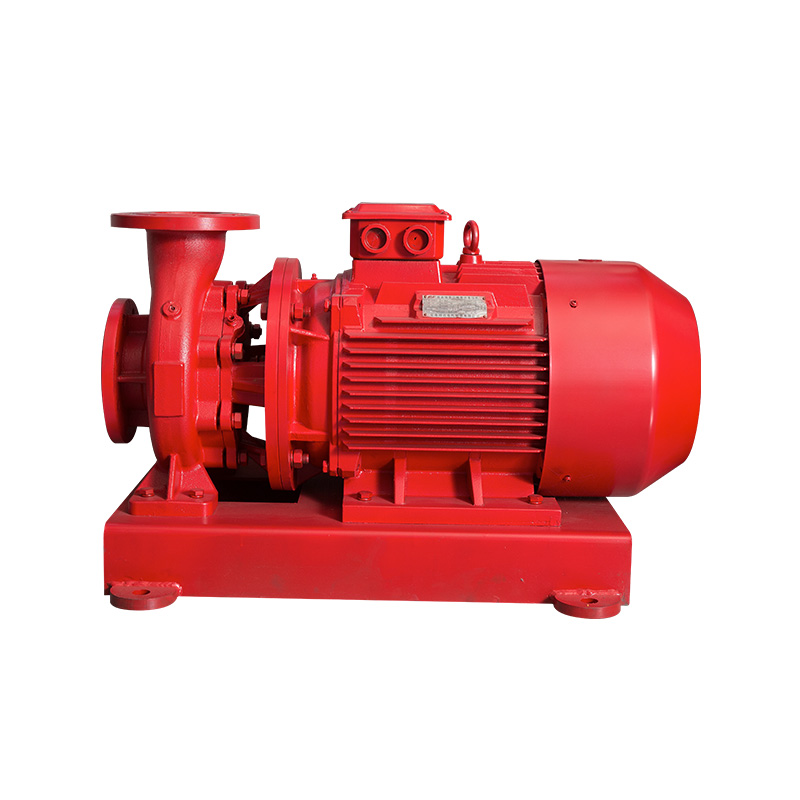
Related Products
-
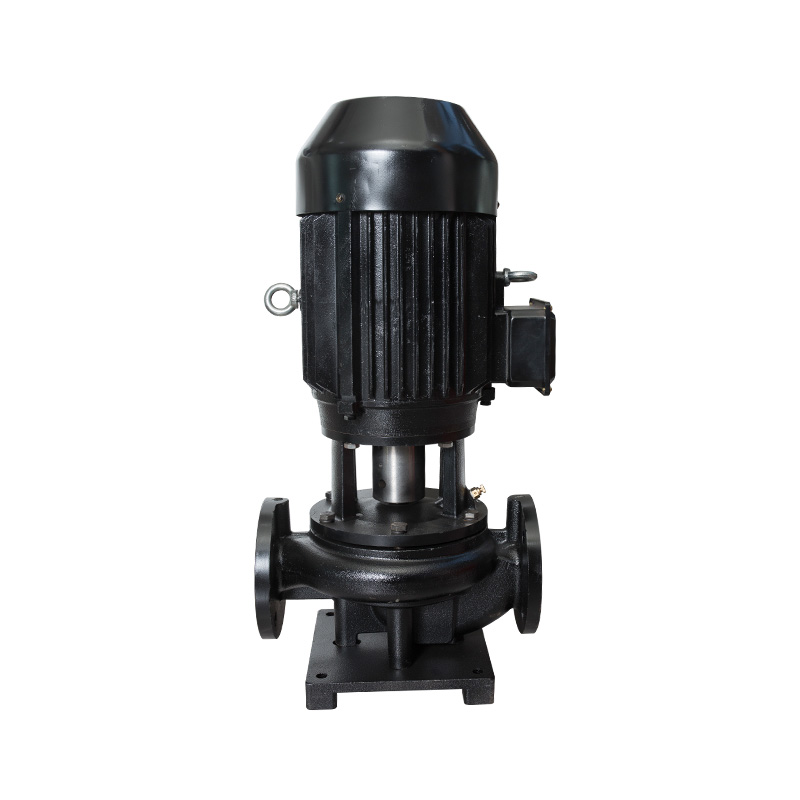
Vertical TD high-efficiency and energy-saving circulation pump
Cat:TD High-efficiency And Energy-saving Circulating Pump
The TD type single-stage pipeline circulation pump is a green, environ...
See Details -

Pipeline pump B14 pump cover
Cat:Pipeline Pump Accessories
The pipeline pump B14 pump cover is a specific type of pump cover for ...
See Details -
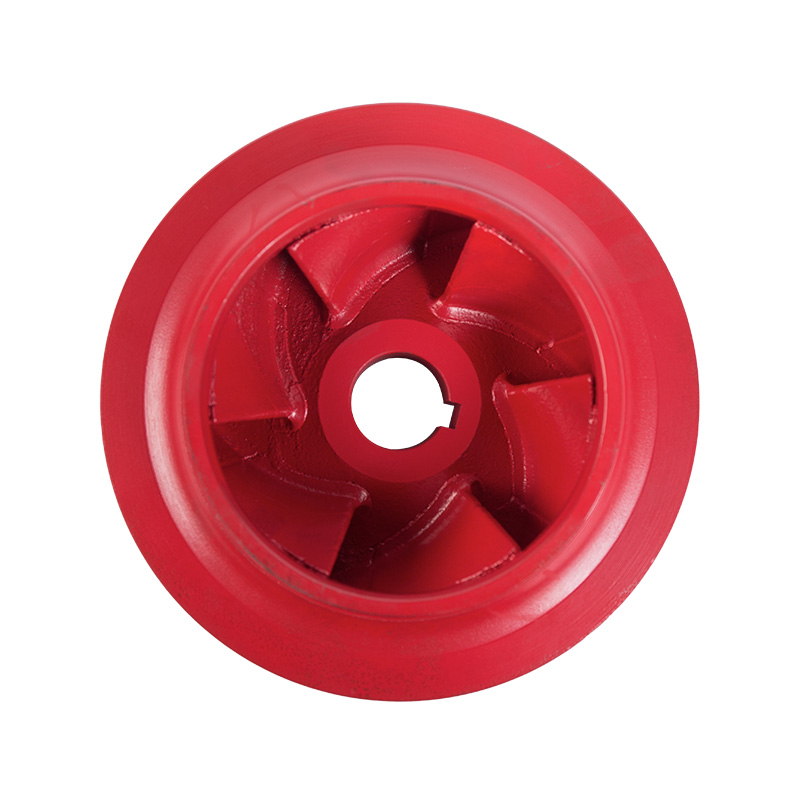
Pipeline pump cast iron impeller
Cat:Pipeline Pump Accessories
The impeller refers to both the disc with moving blades, which is an i...
See Details -
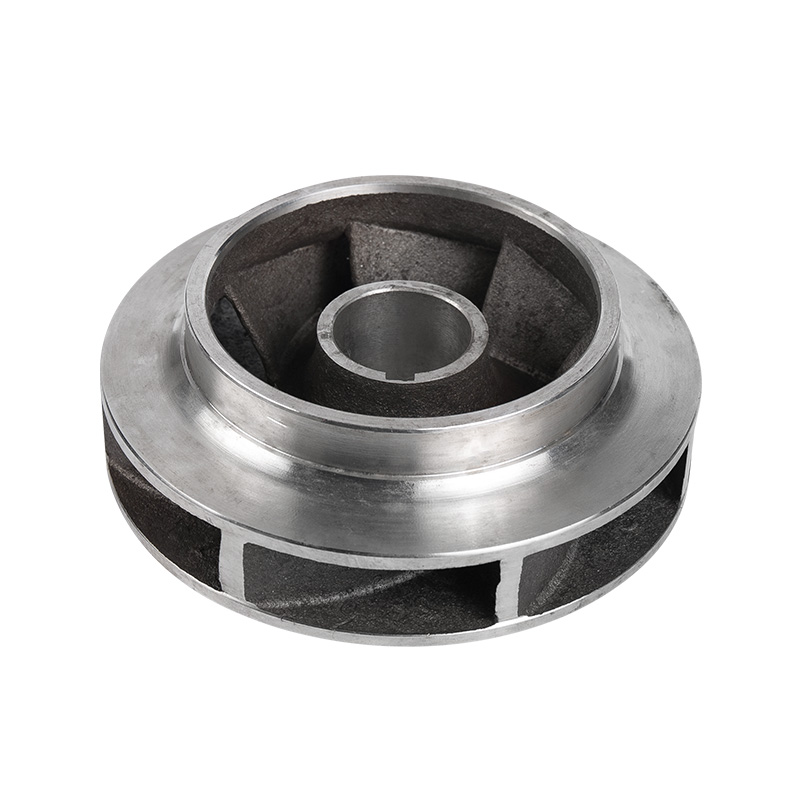
Pipe pump stainless steel impeller
Cat:Pipeline Pump Accessories
Stainless steel impeller material is stainless steel, it is not easy t...
See Details -
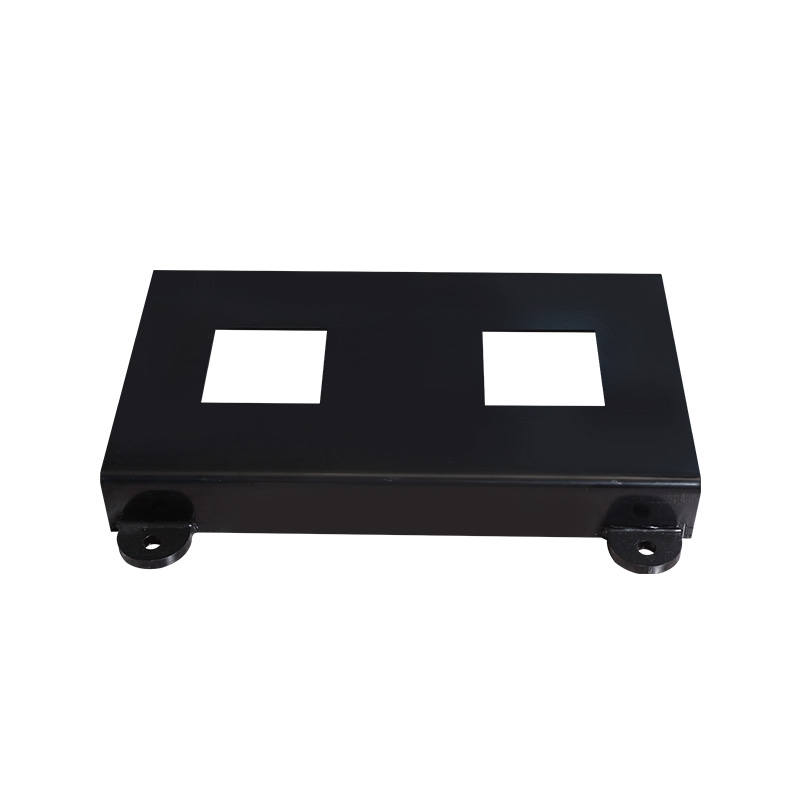
Pipe pump horizontal base
Cat:Pipeline Pump Accessories
The pump base serves to support and secure the pump casing. Horizontal...
See Details -
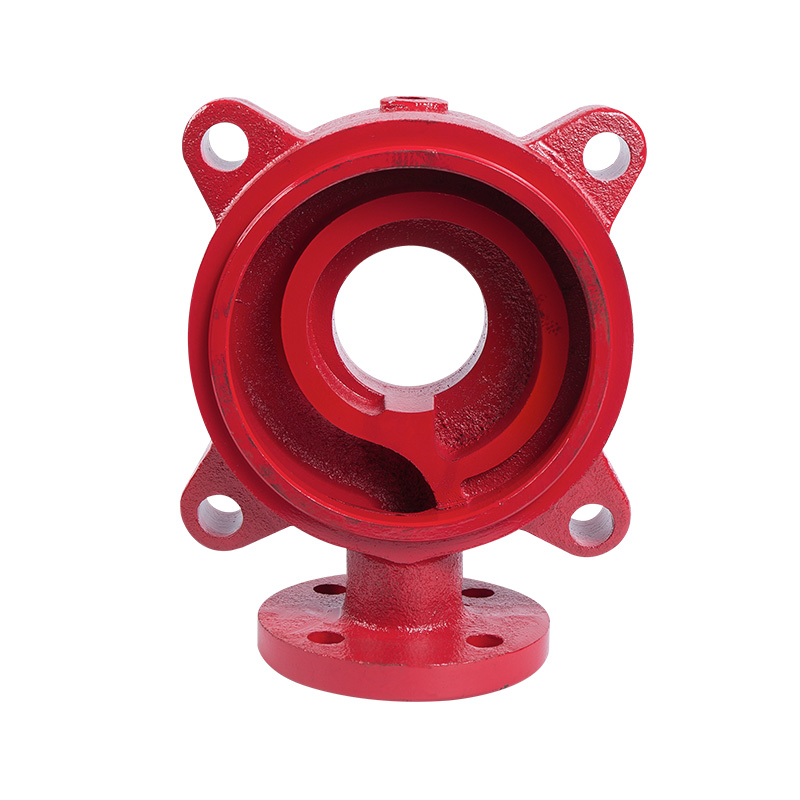
LG multi-stage pump water outlet section
Cat:LG Multi-stage Pump Accessories
The outlet section is the outlet part of the pump, which is responsibl...
See Details -
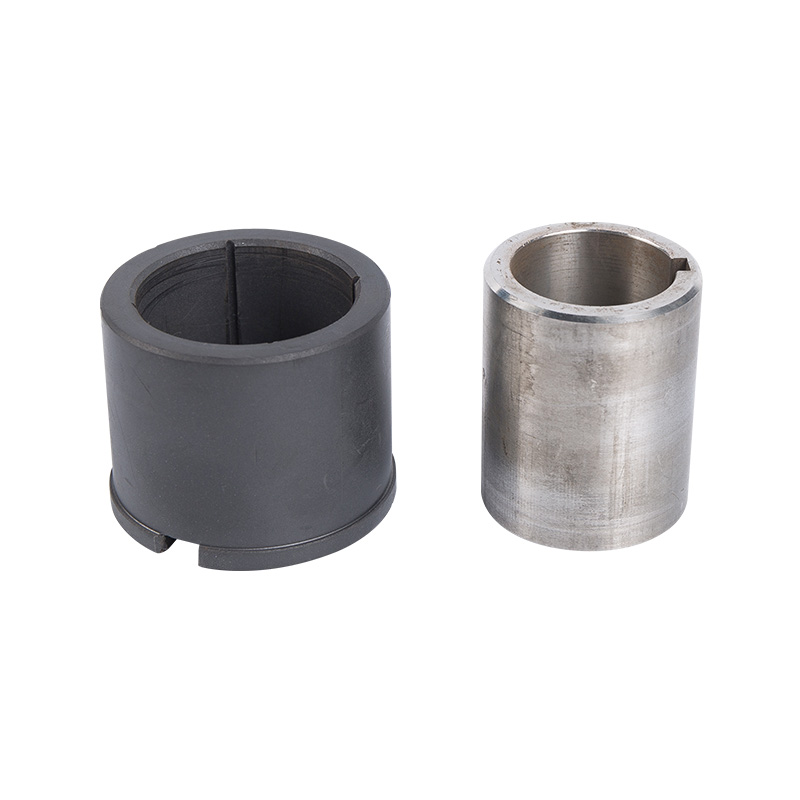
Stainless steel LG multi-stage pump bearing sleeve
Cat:LG Multi-stage Pump Accessories
Stainless Steel Bearing Sleeves are bearing sleeves made of stainless ...
See Details -
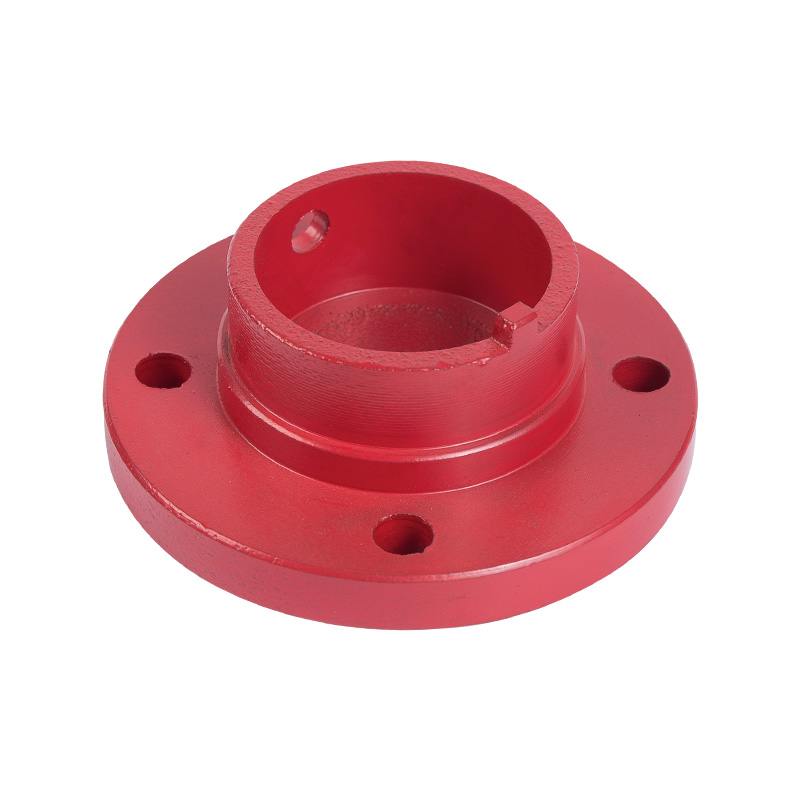
LG multi-stage pump water bearing gland
Cat:LG Multi-stage Pump Accessories
Water bearing gland is the gland for fixing the water bearing, which s...
See Details -
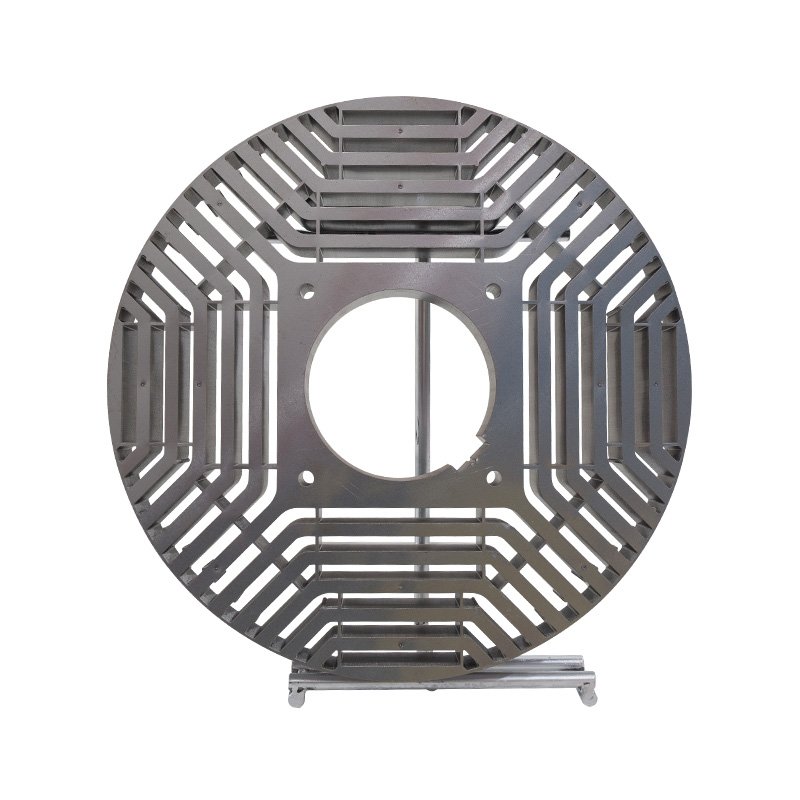
Permanent magnet core stator and rotor
Cat:Electric Motor Accessories
A type of rotor core that uses a permanent magnet material to achieve ...
See Details -

TD horizontal high-efficiency energy-saving circulation pump
Cat:TD High-efficiency And Energy-saving Circulating Pump
1.TD horizontal high-efficiency and energy-saving circulation pump is ...
See Details
- TD High-efficiency And Energy-saving Circulating Pump
- TD High-efficiency And Energy-saving Circulating Pump Accessories
- Pipeline Pump
- Pipeline Pump Accessories
- Sewage Pump
- Sewage Pump Accessories
- LG Multi-stage Pump
- LG Multi-stage Pump Accessories
- Cooling Tower Circulation Pump
- Electric Motor
- Electric Motor Accessories
-

+86-0563-2251312
-

+86-0563-2251311
-

+86-139 6620 0379
-

-

No.43 Guohua Road, Guangde Economic Development Zone, Xuancheng City, Anhui Province, China

